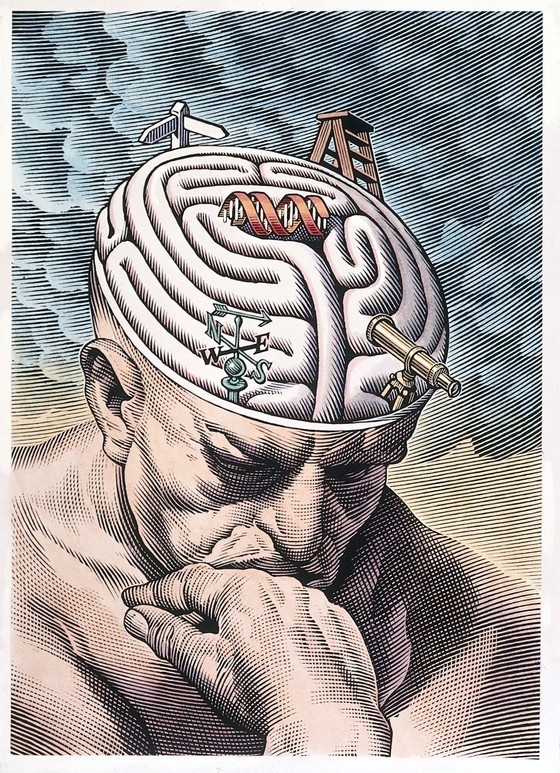Does Walzer’s pluralism about political “goods” make sense?
Thank you, Eoin O’Sullivan, for an important question. A common understanding of justice – namely, “distributive justice” – is that we distribute certain goods fairly across a certain population. Goods represent the fundamental interests of citizens. Some political philosophers have argued that there are certain “primary goods” that are universal across any given political community […]
Does Walzer’s pluralism about political “goods” make sense? Read More










